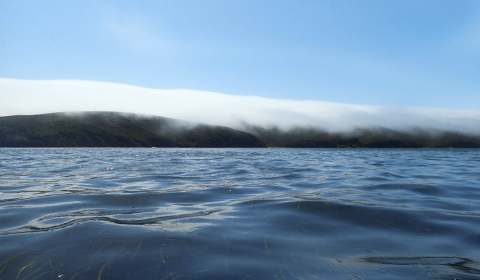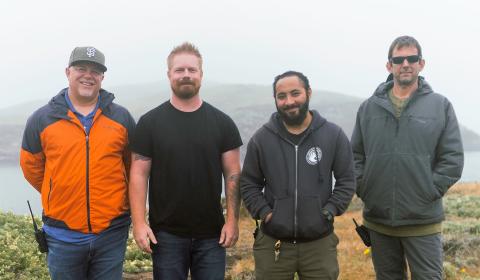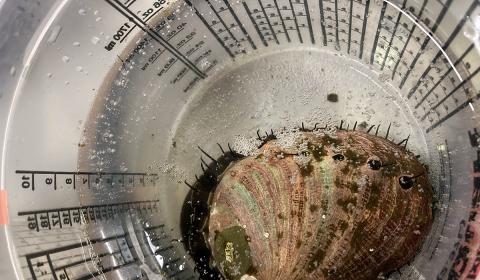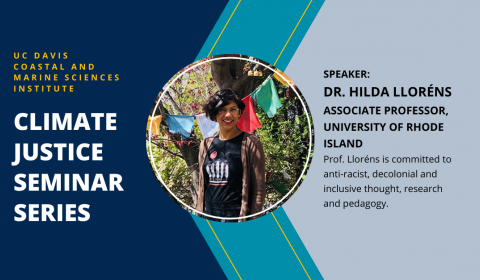Climate Change Blog Posts
Ocean Acidification: Interdisciplinarity in Marine Science
When we think of the impacts of climate change, the words global warming, sea-level rise, and extreme weather will often come to mind. But another lesser-known, though equally serious, consequence of our anthropogenic footprint is the global acidification of our oceans.
All Eyes on ARG: Bodega Marine Lab’s Best-Kept Secret
What does it take to study the ocean? It’s a lot harder than you might think, considering most marine research happens in a lab instead of the ocean itself. Imagine you are starting a project at Bodega Marine Laboratory (BML) and given only two weeks with limited funding to set up your study and collect all of the data you need to answer your research question. Data collection is an enormous task, but have you ever thought about the time it takes to replicate ocean environments on land? Researchers need access to a huge supply of seawater –often under very controlled conditions– and may also need access to marine life from intertidal or coastal waters that would have to be captured and brought back to the lab.
In Acidic Oceans, Lineage and Experience May be the Key to Red Abalone Survival
The flashlight illuminates tens of thousands of swirling, floating specks, each no bigger than a breadcrumb. Raising my voice to be heard over the low roar of machinery in the wet lab, I ask Dr.
Climate Justice Seminar Recap: Dr. Hilda Lloréns
On May 3, 2021, the UC Davis Coastal & Marine Sciences Institute hosted Dr. Hilda Lloréns, an Associate Professor at the University of Rhode Island and an author of multiple books. Dr. Lloréns is a cultural anthropologist and de-colonial scholar whose research is centered on how racial and gender inequality manifests itself in access to environmental resources and exposure to environmental degradation. To do this, she often uses the method of auto-theory/life-thinking in which she uses her own family’s experiences to offer a counter-discourse to the history lessons taught in schools that recount certain historical events from the perspective of the colonizers and not from the perspectives of the oppressed. During the seminar, Dr.




